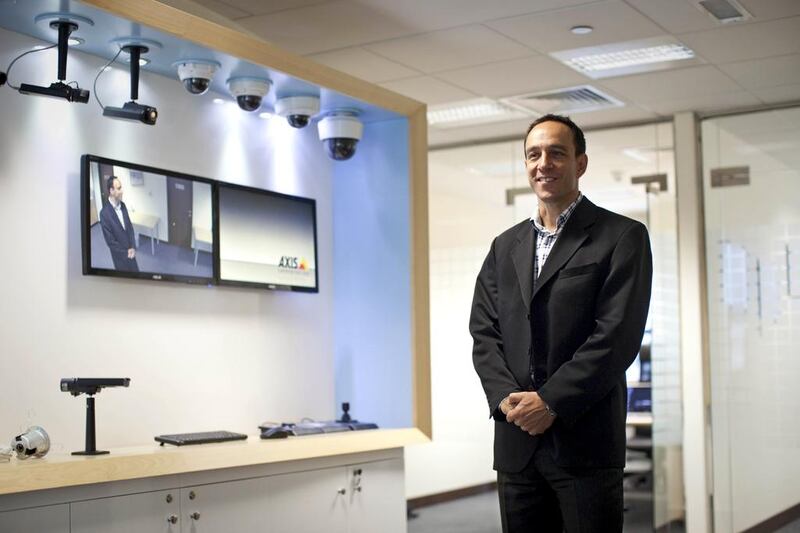Three years ago, Roy Alves flew to the Seychelles to talk with airport authorities about providing surveillance cameras to improve security.
“I was talking to the airport authorities guy,” Mr Alves recalls. “And he said: ‘I am faced with a Catch-22 situation. The big airlines, they won’t fly here if the airports are not secure. The problem is, in order to raise the money to pay for the infrastructure investment, we need them to be here. I can’t attract them until I’ve spent the money but I can’t spend the money until I have them’.”
In the end Mr Alves, who is business development manager for the Middle East and Africa for Axis Communications, a supplier of surveillance cameras, went ahead and kitted out the airport. "It's as clear as day that if they don't make the investment, they won't get the big carriers," Mr Alves says. "Airports are weak targets for narcotics, for terrorism, for all sorts of underworld things."
He adds that the same surveillance issues relate to all airports including those in the Emirates.
“To become hubs they have to make these investments,” he says. “The UAE is still regarded as safe but when you’ve got hundreds and hundreds of flights a day, you are opening up yourself to those things.”
Axis counts Dubai International Airport among its customers.
Mr Alves’ career started out with Axis in the mid-1990s in South Africa’s game parks, where he captured footage of wild animals and streamed it on to the web.
“Game parks were trying to attract visitors by putting up cameras in strategic places like water holes where animals would go and drink and they would stream it to the web,” he recalls. “If they were taking people out into the park and someone central saw a lion kill or something happening, they would radio the vehicle and tell it where to go.”
From there, inquiries started coming from security companies asking if they could put cameras at remote sites and view the footage over the web.
The industry has continued to expand and last year the total global market for video surveillance was US$12.6 billion. This figure is forecast to almost double to $23.2bn in the next five years. In the same period, according to the industry consultancy IMS Research, the value of the industry in the Middle East is expected to double to $500 million from $250m. Retail, construction, banking, education and transport projects in the UAE are all driving this demand for extra security surveillance.
Whereas South Africa has long been considered a hazardous environment and video surveillance has been common for 30 years, the UAE started using cameras widely only five years or so ago, according to Mr Alves. In particular, the strong sunlight in the UAE, similar to that in Africa, demands certain types of cameras so that images are not washed out at the brightest times of the day.
Retail is an area of particular interest to Mr Alves. In the past, retailers used cameras to deter theft: a criminal would see surveillance devices and think twice about stealing. That then evolved into recorded evidence. For example, an employee working in collaboration with a thief is extremely difficult to catch. But by digitalising till receipts and matching those with video evidence, it’s possible to work out if an employee is engaged in the practice of, say, “sweetheart scamming”: this is when the employee will ring up a cheap item, such as a box of matches, but hand over to his accomplice a much more expensive item, such as a carton of cigarettes.
“About 90 per cent of all retail losses are internal, where collusion is happening,” Mr Alves says.
Now, however, the use of surveillance cameras has evolved even more.
“This is where it’s getting very interesting,” Mr Alves says. “It’s becoming more of a business tool; using video information to do some unique stuff in-store.”
Cameras can now track the flow of people into and around the store. This means owners know when the busiest times are so they can bring in more cashiers and keep queues short. They also track where people move within the store so that merchandise can be displayed most appropriately.
Cameras can even conduct gender, age and mood analysis. This means electronic billboards in a chemist, for example, can switch from advertising wrinkle cream to promoting acne cream if a mob of teenagers walk in.
All said, Mr Alves is optimistic about the outlook for Axis in the next few years.
“You can go away with this thought: there are more and more cameras being installed every day,” Mr Alves says.
lgutcher@thenational.ae





